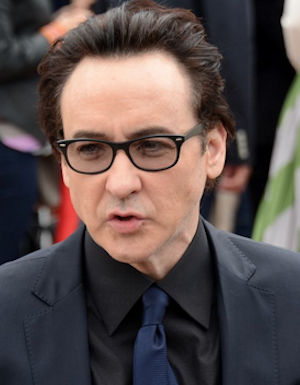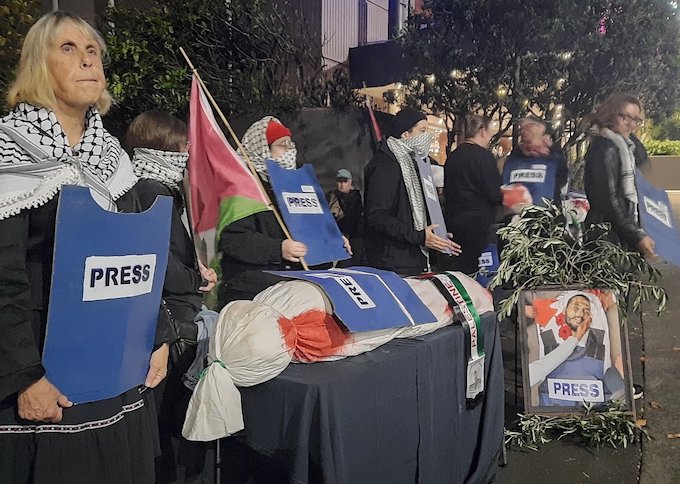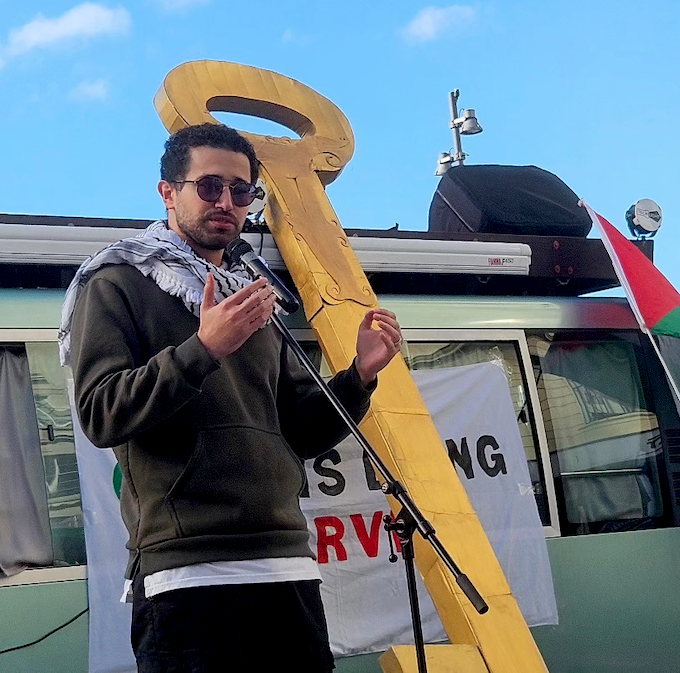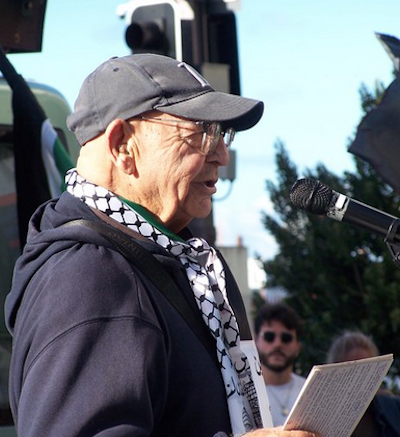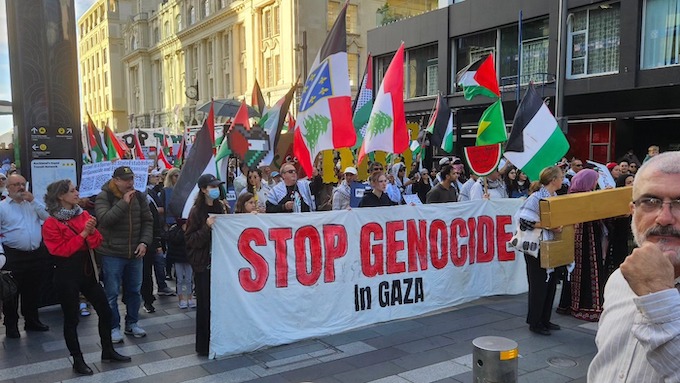Taieri MP Ingrid Leary reflected on her years in Fiji as a television journalist and media educator at a Fiji Centre function in Auckland celebrating Fourth Estate values and independence at the weekend.
It was a reunion with former journalism professor David Robie — they had worked together as a team at the University of the South Pacific amid media and political controversy leading up to the George Speight coup in May 2000.
Leary, a former British Council director and lawyer, was the guest speaker at a gathering of human rights activists, development advocates, academics and journalists hosted at the Whānau Community Centre and Hub, the umbrella base for the Fiji Centre and Asia Pacific Media Network.
She said she was delighted to meet “special people in David’s life” and to be speaking to a diverse group sharing “similar values of courage, freedom of expression, truth and tino rangatiratanga”.
“I want to start this talanoa on Friday, 19 May 2000 — 13 years almost to the day of the first recognised military coup in Fiji in 1987 — when failed businessman George Speight tore off his balaclava to reveal his identity.
She pointed out that there had actually been another “coup” 100 years earlier by Ratu Cakobau.
“Speight had seized Parliament holding the elected government at gunpoint, including the politician mother, Lavinia Padarath, of one of my best friends — Anna Padarath.
Hostage-taking report
“Within minutes, the news of the hostage-taking was flashed on Radio Fiji’s 10 am bulletin by a student journalist on secondment there — Tamani Nair. He was a student of David Robie’s.”
Nair had been dispatched to Parliament to find out what was happening and reported from a cassava patch.
“Fiji TV was trashed . . . and transmission pulled for 48 hours.
“The university shut down — including the student radio facilities, and journalism programme website — to avoid a similar fate, but the journalism school was able to keep broadcasting and publishing via a parallel website set up at the University of Technology Sydney.
“The pictures were harrowing, showing street protests turning violent and the barbaric behaviour of Speight’s henchmen towards dissenters.
“Thus began three months of heroic journalism by David’s student team — including through a period of martial law that began 10 days later and saw some of the most restrictive levels of censorship ever experienced in the South Pacific.”
Leary paid tribute to some some of the “brave satire” produced by senior Fiji Times reporters filling the newspaper with “non-news” (such as about haircuts, drinking kava) as an act of defiance.
“My friend Anna Padarath returned from doing her masters in law in Australia on a scholarship to be closer to her Mum, whose hostage days within Parliament Grounds stretched into weeks and then months.
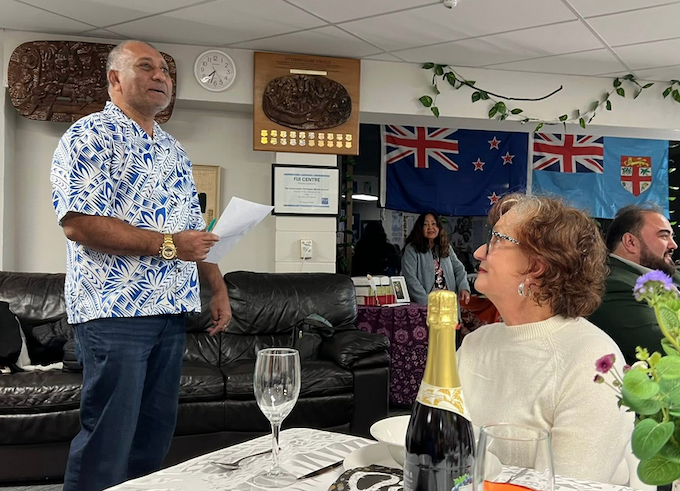
Invisible consequences
“Anna would never return to her studies — one of the many invisible consequences of this profoundly destructive era in Fiji’s complex history.
“Happily, she did go on to carve an incredible career as a women’s rights advocate.”
“Meanwhile David’s so-called ‘barefoot student journalists’ — who snuck into Parliament the back way by bushtrack — were having their stories read and broadcast globally.
“And those too shaken to even put their hands to keyboards on Day 1 emerged as journalism leaders who would go on to win prizes for their coverage.”
Speight was sentenced to life in prison, but was pardoned in 2024.
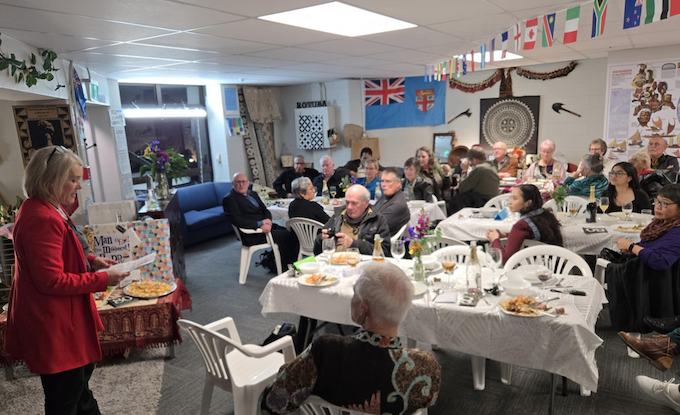
Leary said that was just one chapter in the remarkable career of David Robie who had been an editor, news director, foreign news editor and freelance writer with a number of different agencies and news organisations — including Agence France-Presse, Rand Daily Mail, The Auckland Star, Insight Magazine, and New Outlook Magazine — “a family member to some, friend to many, mentor to most”.
Reflecting on working with Dr Robie at USP, which she joined as television lecturer from Fiji Television, she said:
“At the time, being a younger person, I thought he was a little bit crazy, because he was communicating with people all around the world when digital media was in its infancy in Fiji, always on email, always getting up on online platforms, and I didn’t appreciate the power of online media at the time.
“And it was incredible to watch.”
Ahead of his time
She said he was an innovator and ahead of his time.
Dr Robie viewed journalism as a tool for empowerment, aiming to provide communities with the information they needed to make informed decisions.
“We all know that David has been a champion of social justice and for decolonisation, and for the values of an independent Fourth Estate.”
She said she appreciated the freedom to develop independent media as an educator, adding that one of her highlights was producing the groundbreaking documentary Maire about Maire Bopp Du Pont, who was a student journalist at USP and advocate for the Pacific community living with HIV/AIDs.
She later became a nuclear-free Pacific parliamentarian in Pape’ete.
Leary presented Dr Robie with a “speaking stick” carved from an apricot tree branch by the husband of a Labour stalwart based in Cromwell — the event doubled as his 80th birthday.
In response, Dr Robie said the occasion was a “golden opportunity” to thank many people who had encouraged and supported him over many years.
Massive upheaval
“We must have done something right,” he said about USP, “because in 2000, the year of George Speight’s coup, our students covered the massive upheaval which made headlines around the world when Mahendra Chaudhry’s Labour-led coalition government was held at gunpoint for 56 days.
“The students courageously covered the coup with their website Pacific Journalism Online and their newspaper Wansolwara — “One Ocean”. They won six Ossie Awards – unprecedented for a single university — in Australia that year and a standing ovation.”
He said there was a video on YouTube of their exploits called Frontline Reporters and one of the students, Christine Gounder, wrote an article for a Commonwealth Press Union magazine entitled, “From trainees to professionals. And all it took was a coup”.
Dr Robie said this Fiji experience was still one of the most standout experiences he had had as a journalist and educator.
Along with similar coverage of the 1997 Sandline mercenary crisis by his students at the University of Papua New Guinea.
He made some comments about the 1985 Rainbow Warrior voyage to Rongelap in the Marshall islands and the subsequent bombing by French secret agents in Auckland.
But he added “you can read all about this adventure in my new book” being published in a few weeks.
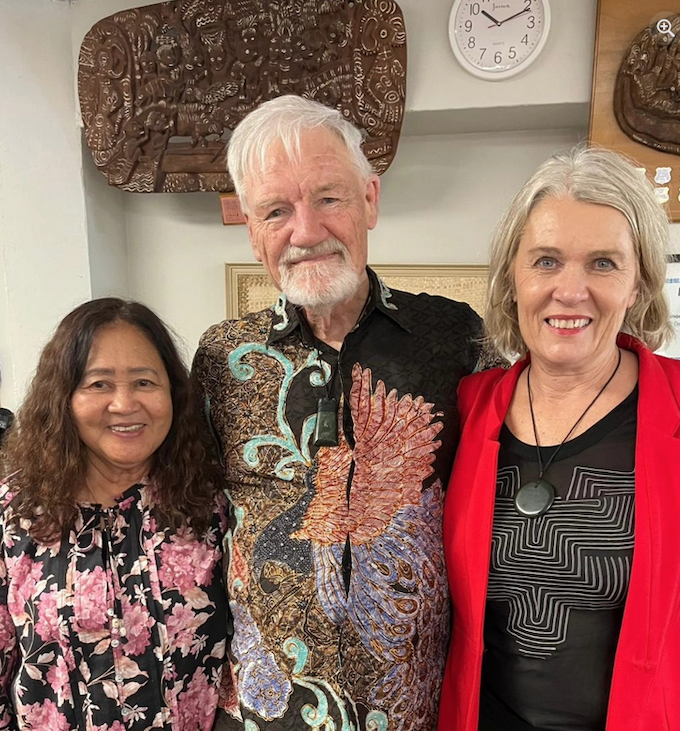
Biggest 21st century crisis
Dr Robie said the profession of journalism, truth telling and holding power to account, was vitally important to a healthy democracy.
Although media did not succeed in telling people what to think, it did play a vital role in what to think about. However, the media world was undergoing massive change and fragmentation.
“And public trust is declining in the face of fake news and disinformation,” he said
“I think we are at a crossroads in society, both locally and globally. Both journalism and democracy are under an unprecedented threat in my lifetime.
“When more than 230 journalists can be killed in 19 months in Gaza and there is barely a bleep from the global community, there is something savagely wrong.
“The Gazan journalists won the UNESCO/Guillermo Cano World Press Freedom Prize collectively last year with the judges saying, “As humanity, we have a huge debt to their courage and commitment to freedom of expression.”
“The carnage and genocide in Gaza is deeply disturbing, especially the failure of the world to act decisively to stop it. The fact that Israel can kill with impunity at least 54,000 people, mostly women and children, destroy hospitals and starve people to death and crush a people’s right to live is deeply shocking.
“This is the biggest crisis of the 21st century. We see this relentless slaughter go on livestreamed day after day and yet our media and politicians behave as if this is just ‘normal’. It is shameful, horrendous. Have we lost our humanity?
“Gaza has been our test. And we have failed.”
Other speakers included Whānau Hub co-founder Nik Naidu, one of the anti-coup Coalition for Democracy in Fiji (CDF) stalwarts; the Heritage New Zealand’s Antony Phillips; and Multimedia Investments and Evening Report director Selwyn Manning.
This post was originally published on Asia Pacific Report.
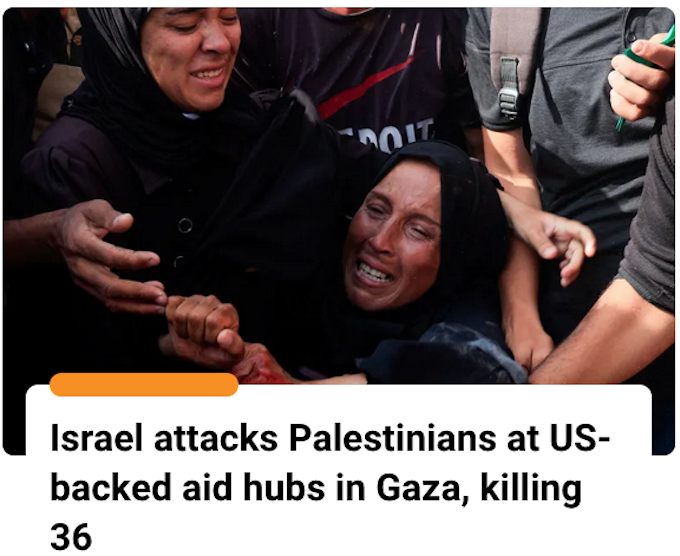


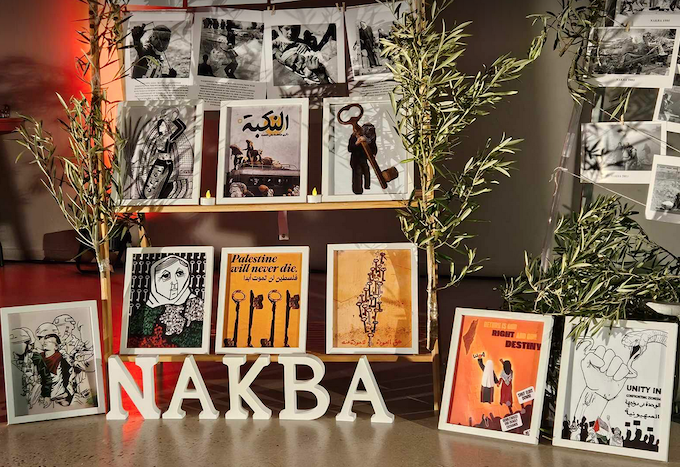

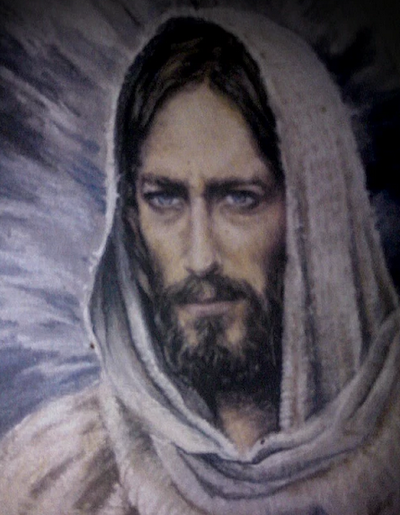

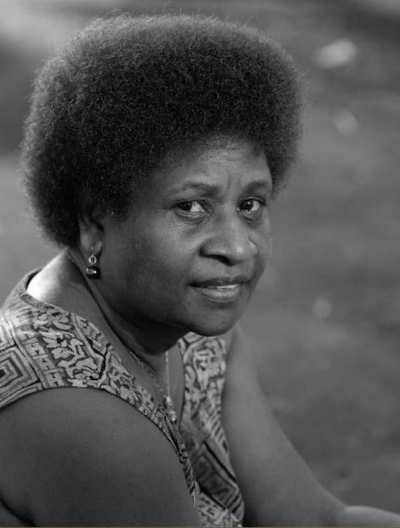
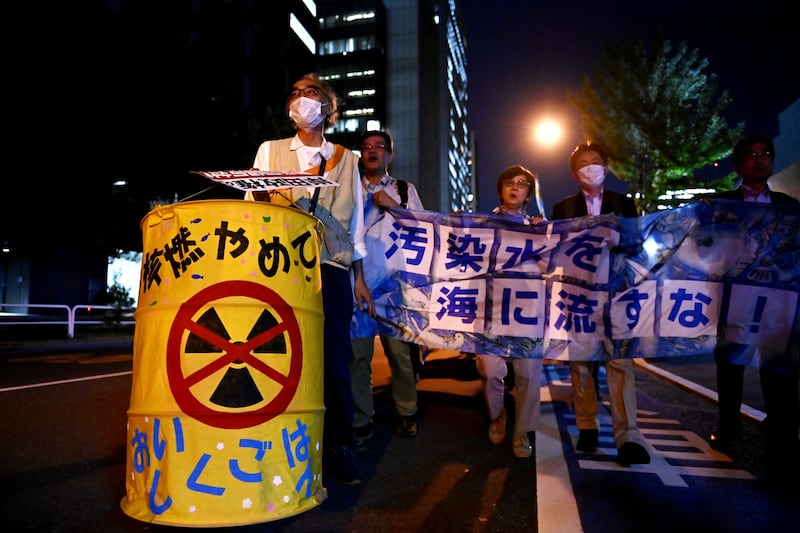
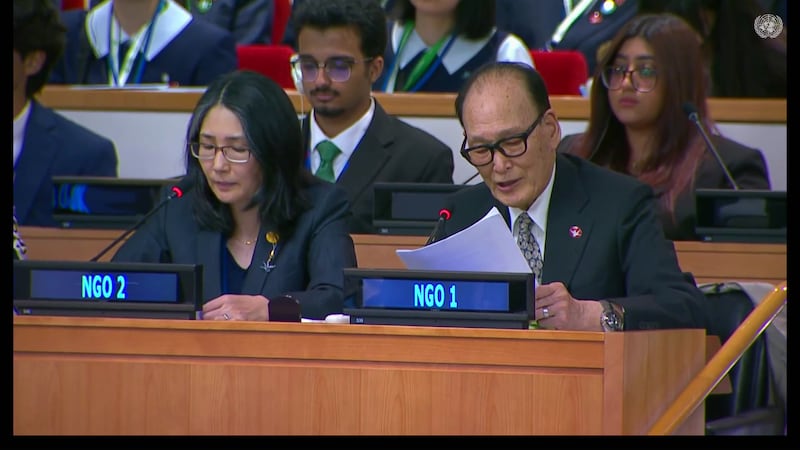
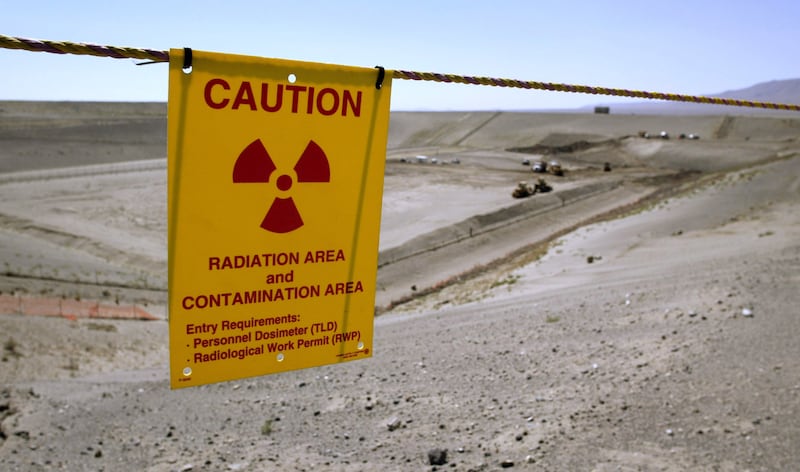
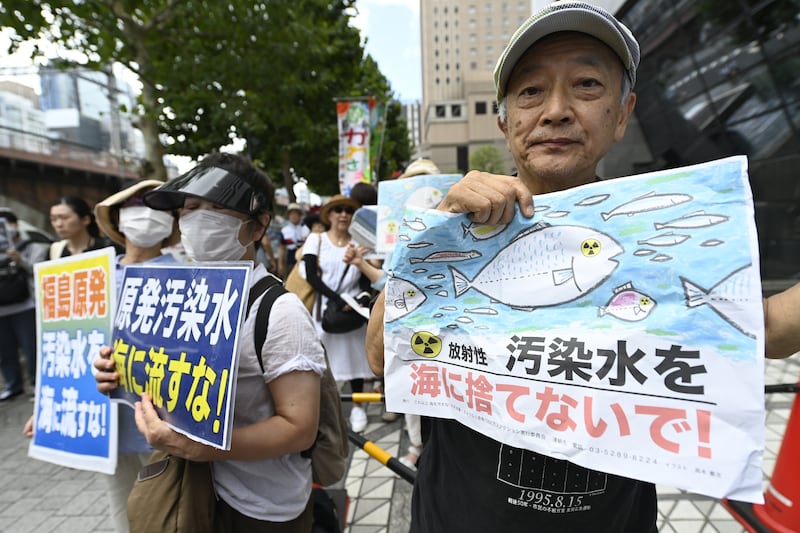
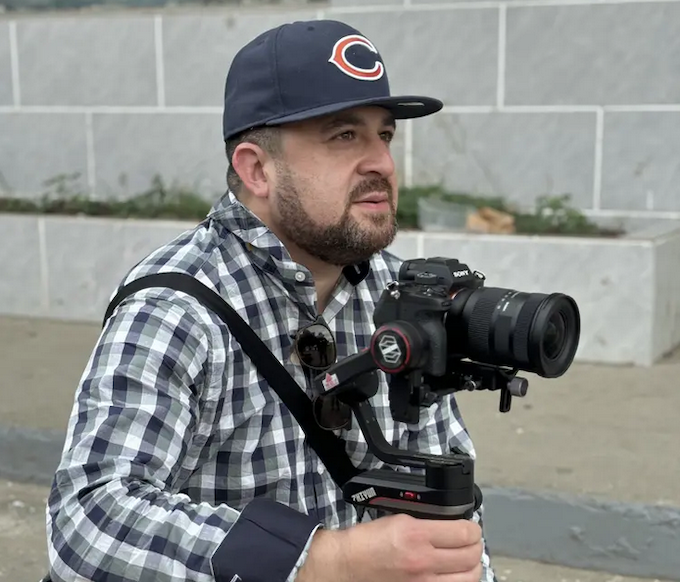
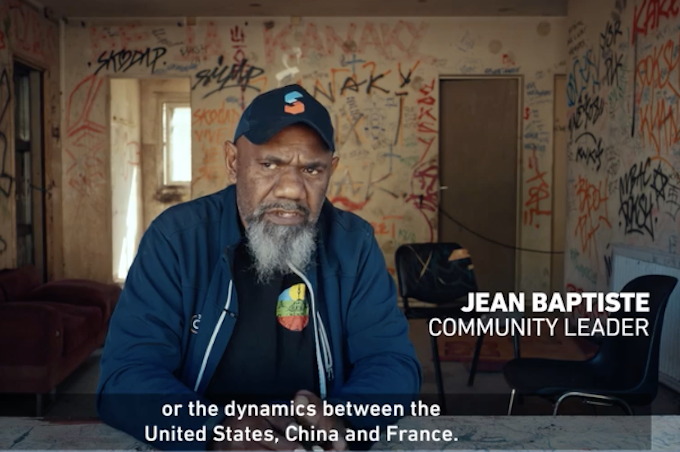
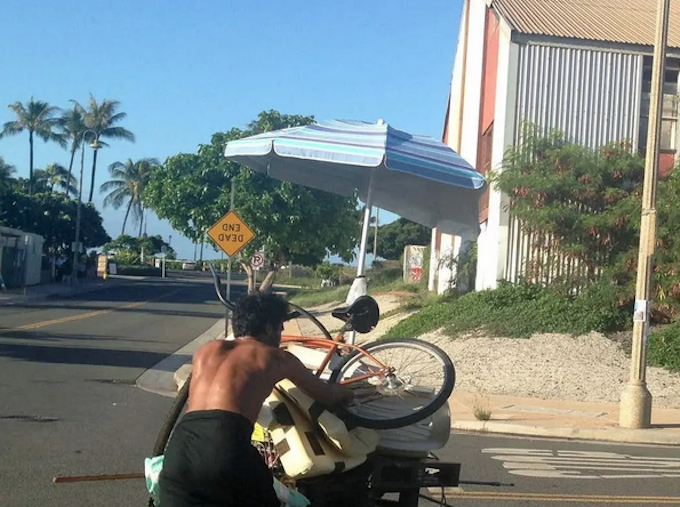
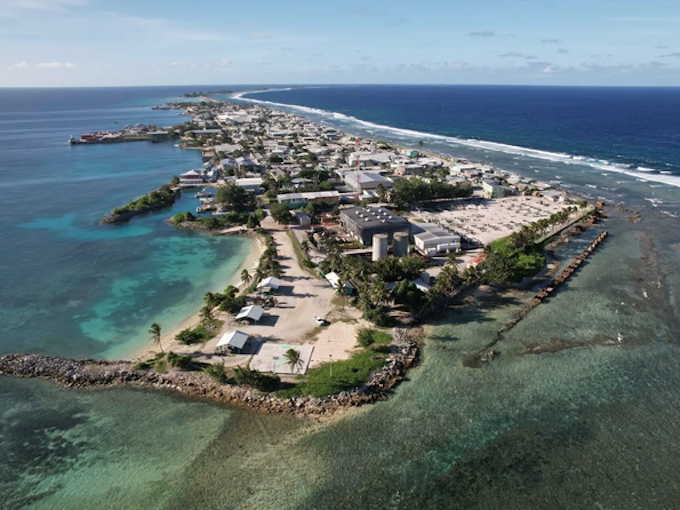

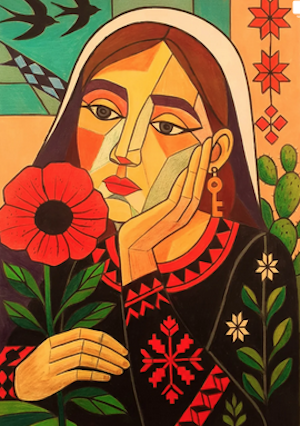
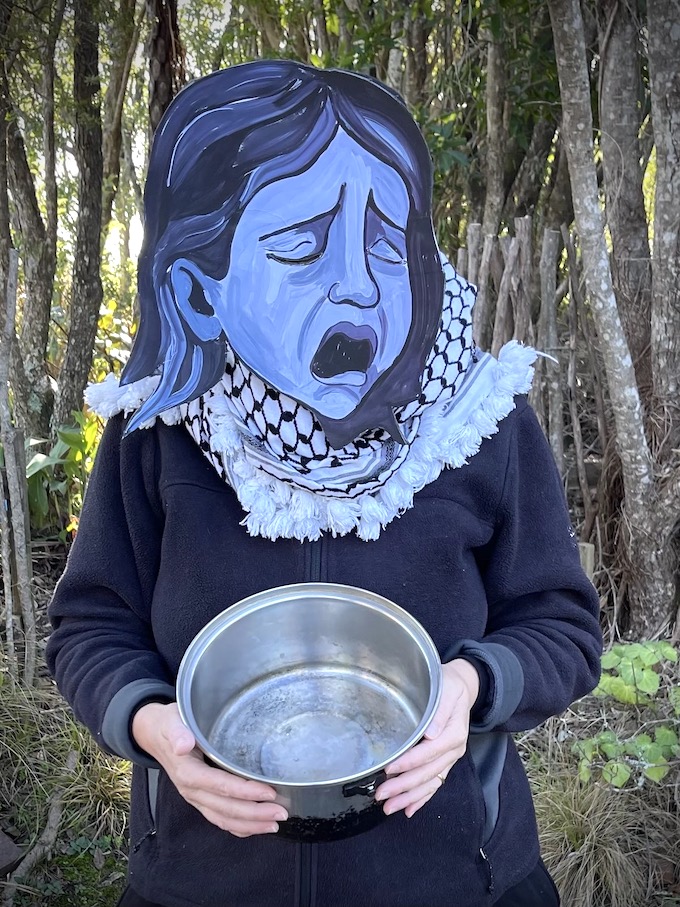



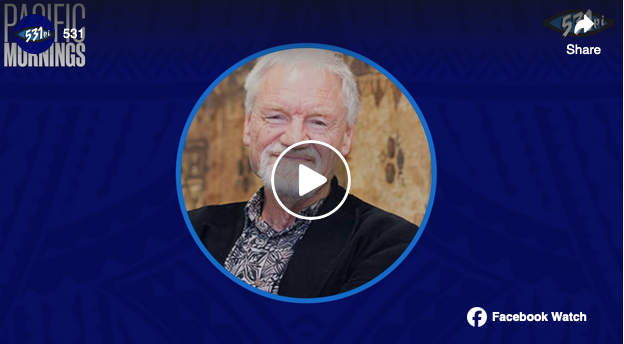
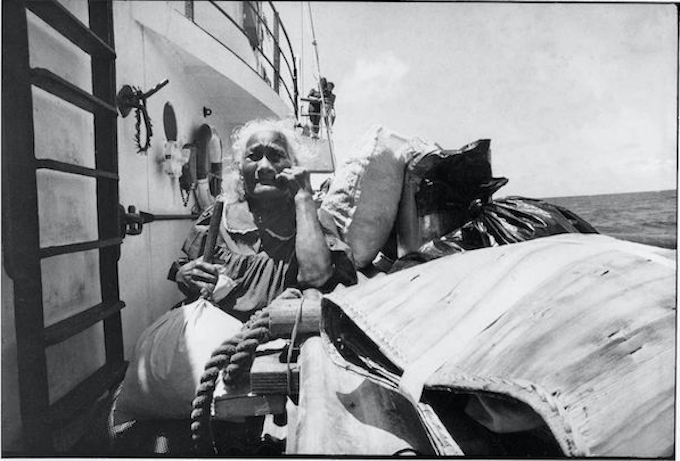
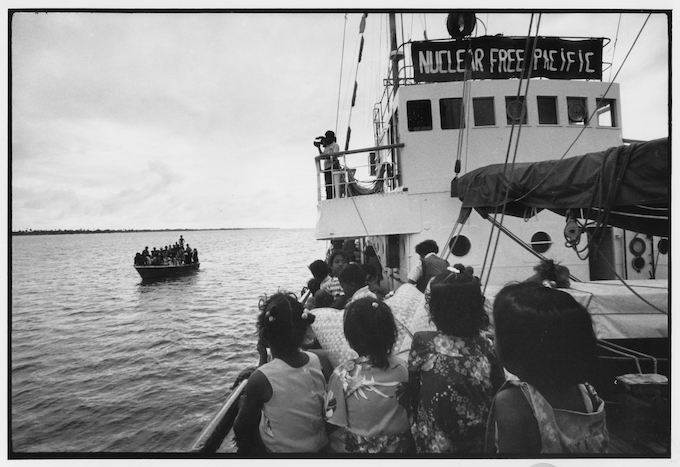

![[L to R] Pro-autonomy Tapura party leaders Tepuaraurii Teriitahi, Edouard Fritch and Moerani Frébault, at a press conference in Papeete on 17 May 2025 – PHOTO Radio 1](https://media.rnztools.nz/rnz/image/upload/s--B-GJ4e8n--/ar_16:10,c_fill,f_auto,g_auto,q_auto,w_1050/v1747766965/4K72JPP__L_to_R_Pro_autonomy_Tapura_party_leaders_Tepuaraurii_Teriitahi_Edouard_Fritch_and_Moerani_Fr_bault_at_a_press_conference_in_Papeete_on_17_May_2025_PHOTO_Polyn_sie_La_1_re_jpg?_a=BACCd2AD)


